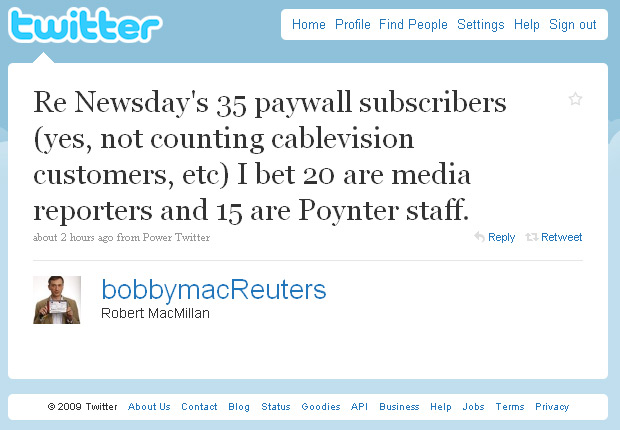Have you ever been disappointed in a piece of technology or service after being convinced by a company salesperson that it is the way to go? I think most of us have. Typically we can return the item or cancel the service, but this isn’t always as easy as it sounds, and sometimes it can get messy if you signed a contract or weren’t explained a return policy correctly.
A Los Angeles woman is suing Verizon for false claims regarding the speed of their DSL service. Patricia Allen claims she was duked into a plan upgrade that promised more speed (1.5 Mb/sec.), but when it came time to perform her connection barely reached half the speed.
She tried to dispute her charges and was told by a Verizon technician that she simply lived too far from the source to ever receive the connection speed they advertise with the product. In fact, she was advised to downgrade as her lines can only accept a speed up to 768k /second.
About three months ago, Cablevision Systems Corporation also filed a lawsuit against Verizon regarding DSL speeds. In this case Verizon was attacking the cable network provider for advertising false claims about the speed of their service.
The irony of this lawsuit is that the FCC actually reports that Cablevision is consistently broadcasting at 90% of their advertised speed during peak usage hours and even higher during non-peak hours. So, essentially Verizon is accusing Cablevision, in their advertising campaign, of doing what Verizon actually does; promising higher DSL speeds than they can actually deliver.
I don’t really know what to think about these antics from Verizon. Sometimes the big corporate machine is just full of BS. Possibly I am wrong, but it sounds like Verizon is being hypocritical in their ad campaigns and dishonest in dealing with their customers. Not good!




